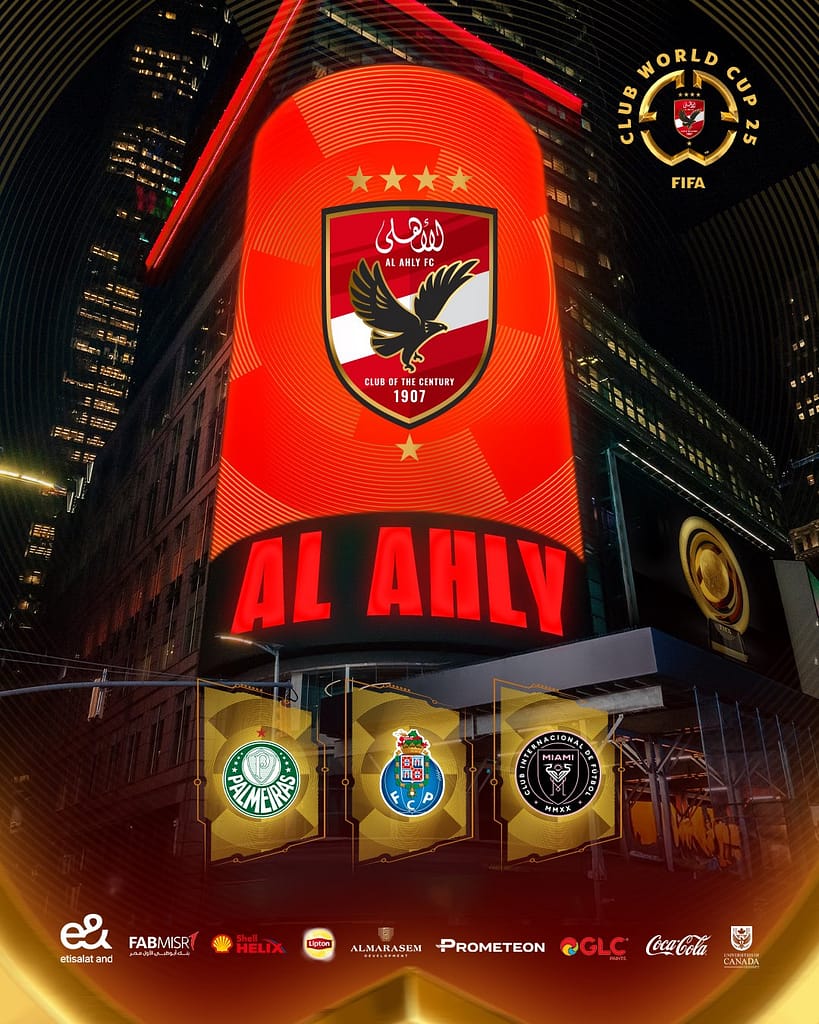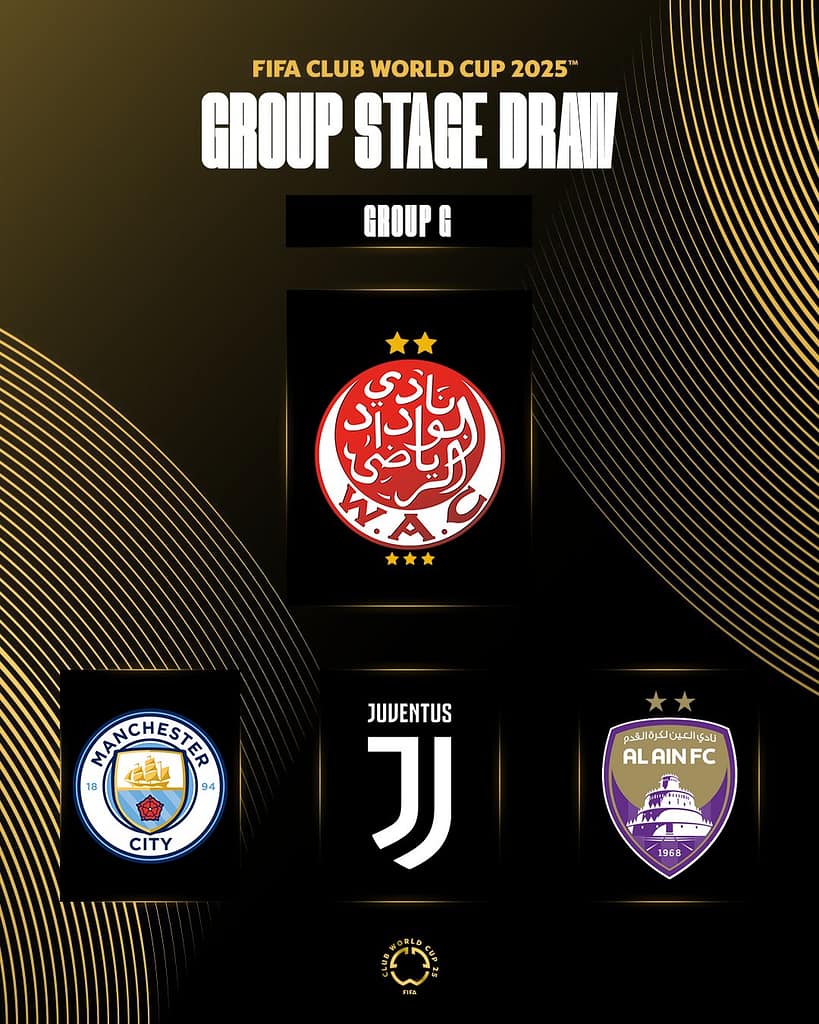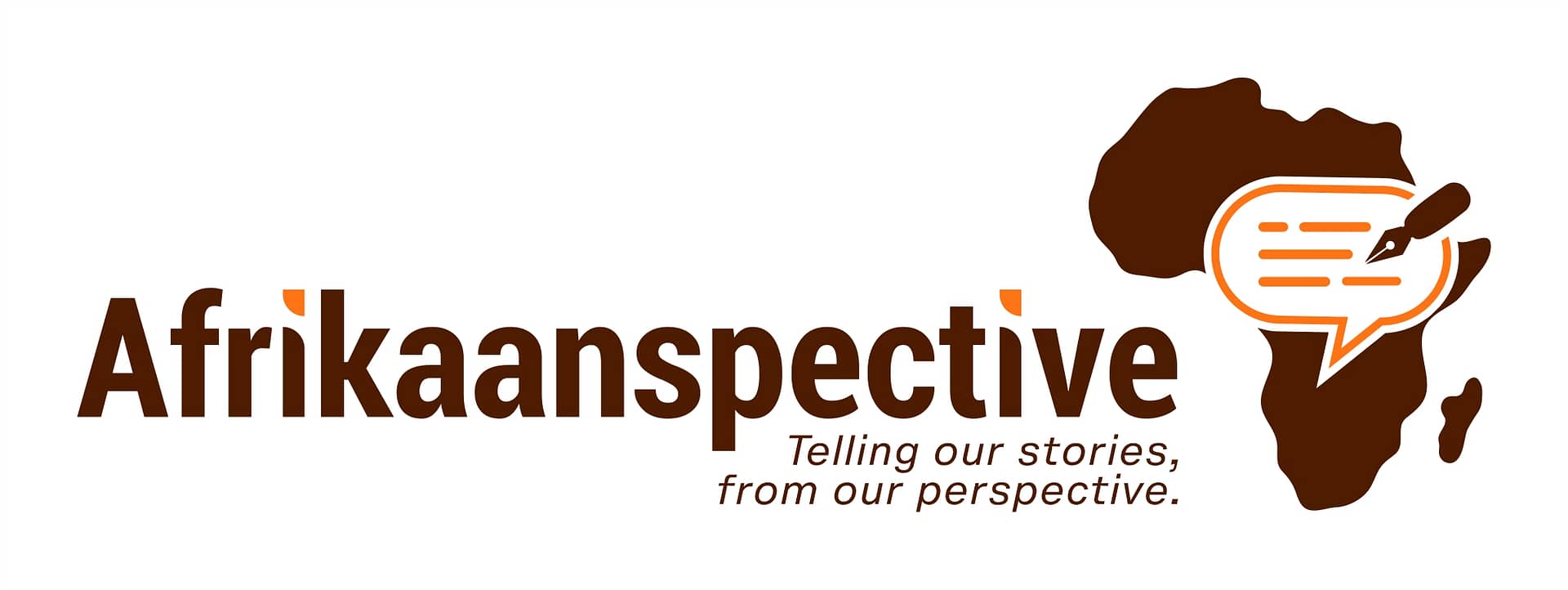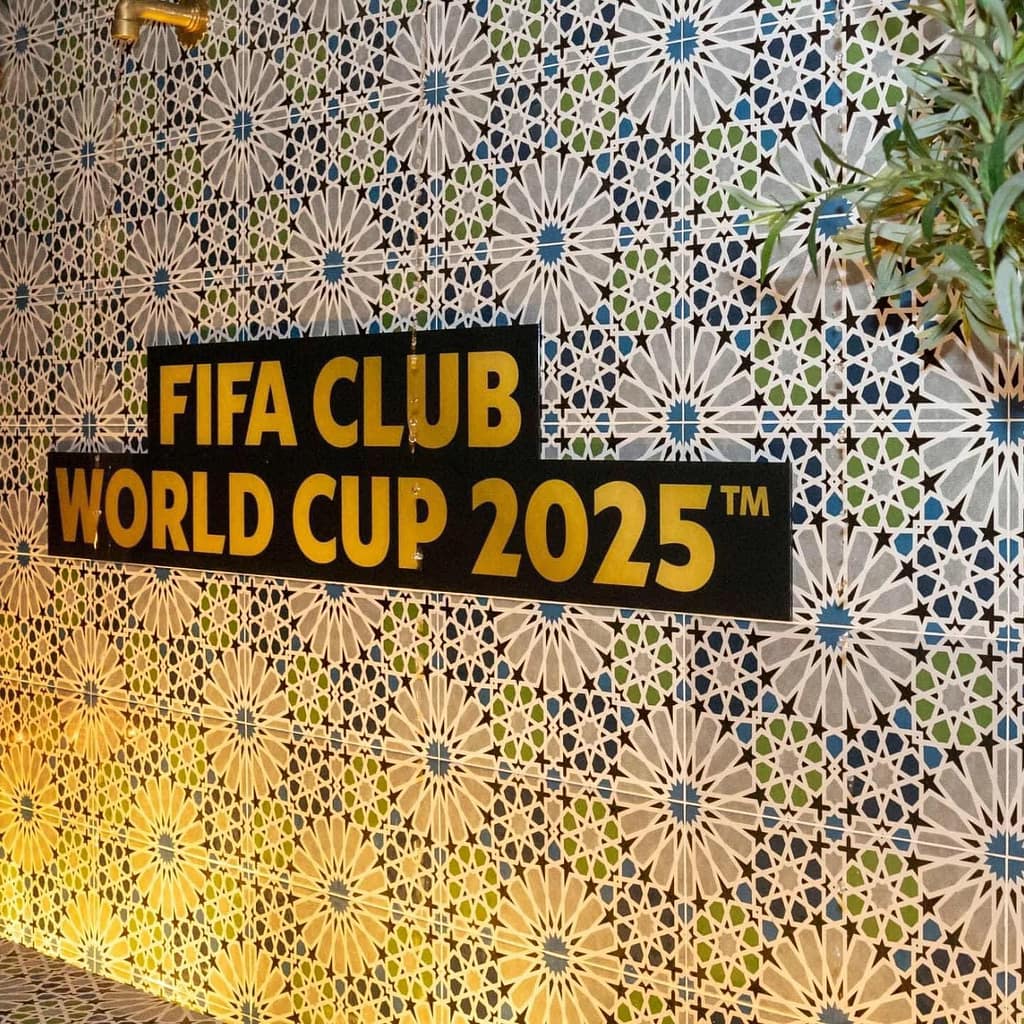In the bustling streets of Cairo, where the clamor of honking cars is drowned out by the chants of devoted Al Ahly fans, the beacon of hope of this being their year lingers. Thousands of miles away, in Pretoria, Lucas Ribeiro’s name echoes through Loftus Versfeld Stadium, where Mamelodi Sundowns supporters hold their breath every time the Brazilian forward touches the ball. From the alleys of Tunis to the cafes of Casablanca, the same dream unites millions of fans across Africa: the dream of seeing their club conquer the world.
The 2025 FIFA Club World Cup offers a stage unlike any before it. With its new 32-team format, the expanded tournament has created space for more narratives, more rivalries, and more opportunities for football’s underdogs to defy the odds.
The draw for the 2025 FIFA Club World Cup took place tonight, with the tournament set to be hosted in the United States from June 15 to July 13 next year.
For African representatives—Mamelodi Sundowns, Esperance de Tunis, Al Ahly, and Wydad Casablanca—this isn’t just another tournament. It’s a chance to rewrite history, to prove that the continent’s best can stand shoulder to shoulder with Europe’s and South America’s finest.
But can they rise to the occasion? Let’s take a closer look at the four clubs that will carry Africa’s hopes into battle.
Mamelodi Sundowns: The Pride of South Africa

Mamelodi Sundowns have long been the jewel of South African football. Known for their innovative tactics and fluid style of play, they’ve become synonymous with dominance in the domestic league, racking up an unprecedented 17 titles. But their ambitions stretch far beyond the borders of South Africa. Their sole FIFA Club World Cup appearance in 2016 ended in disappointment, but 2025 presents a chance at redemption.
This year, Sundowns find themselves in Group F, where they will face Fluminense (Brazil), Borussia Dortmund (Germany), and Ulsan Hyundai (South Korea). It’s a tough group, but one that offers exciting opportunities to test their mettle against some of the world’s best.
Key to their hopes is Lucas Ribeiro. The 26-year-old Brazilian has been electric this season, contributing seven goals and five assists in under 1,200 minutes. His ability to carve through defenses and link up play makes him the beating heart of Sundowns’ attack. Under head coach Manqoba Mngqithi, the team’s high-pressing, possession-based style could pose serious problems for their group-stage opponents.
Esperance de Tunis: The Tunisian Powerhouse

For over a century, Esperance de Tunis have been a symbol of pride and resilience in Tunisian football. With four CAF Champions League titles and 32 domestic league crowns, they’ve earned their place among Africa’s elite. But their three FIFA Club World Cup campaigns have ended with fifth-place finishes, a statistic they are desperate to improve.
In Group D, Esperance will battle Flamengo (Brazil), Chelsea (England), and Club León (Mexico). It’s a challenging lineup, but Esperance’s ability to play on the counter could surprise their heavily favored opponents.
The 2024-25 season has been lit up by Youcef Belaili, who returned to the club after a successful stint with MC Alger. The Algerian winger has hit the ground running, tallying seven goals and eight assists in just 11 matches. His creativity and knack for big moments make him the player to watch as Esperance aim to navigate this tricky group.
Al Ahly: Africa’s Most Successful Club

If there’s one name that strikes fear into opponents across Africa, it’s Al Ahly. The Egyptian giants are a club of superlatives: 12 CAF Champions League titles, 15 domestic league wins in the last 18 seasons, and a reputation as Africa’s most consistent performers on the global stage. Their nine FIFA Club World Cup appearances have yielded four third-place finishes, including a memorable 2023 campaign where they beat Urawa Reds 4-2 to secure bronze.
In his FIFA Club World Cup format, they’ve been drawn into Group A, where they will face Porto (Portugal), Palmeiras (Brazil), and Inter Miami (USA). It’s a group filled with flair and firepower, but Al Ahly’s experience could give them an edge.
Leading their line is Wessam Abou Ali, a striker who epitomizes Al Ahly’s relentless pursuit of excellence. Abou Ali scored 20 goals last season and has already started this campaign strongly, with four goals in seven games. His ability to deliver in clutch moments will be vital as Al Ahly look to navigate this competitive group.
Wydad Casablanca: Morocco’s Flag-Bearers

Wydad Casablanca’s legacy is written in Moroccan football history. With 22 league titles and three CAF Champions League trophies, they are a team that knows how to win. But their FIFA Club World Cup outings have been less than memorable, with early exits in 2017 and 2022.
In Group G, Wydad faces Manchester City (England), Juventus (Italy), and Al Ain (UAE). It’s a daunting task, but for Wydad, the tournament is as much about earning respect as it is about winning.
This time, Wydad arrives with a renewed sense of purpose. Under head coach Rhulani Mokwena, the team combines defensive solidity with moments of attacking brilliance. One of their most exciting prospects is Pedrinho, a 20-year-old Brazilian forward who, despite limited game time this season, has shown flashes of immense potential.
The Road Ahead for Africa’s Representatives
The FIFA Club World Cup has long been dominated by Europe and South America, but the expanded format of the 2025 edition offers new possibilities. Africa’s representatives face daunting challenges. Mamelodi Sundowns must contend with Fluminense and Dortmund’s tactical prowess. Esperance faces Flamengo’s firepower and Chelsea’s experience. Al Ahly will duel with Porto’s discipline and Palmeiras’ flair, while Wydad takes on Manchester City, the reigning kings of Europe.
Yet, tournaments like this are where underdog stories are written. Success will require determination, focus, and moments of magic from players like Ribeiro, Belaili, Abou Ali, and Pedrinho. But if there’s one thing African football has shown over the years, it’s a knack for defying expectations.
A Chance to Redefine the Narrative
The 2025 FIFA Club World Cup represents more than just a football tournament for Africa—it’s an opportunity to change perceptions. For decades, African clubs have been seen as outsiders in global competitions. But with seasoned champions, rising stars, and innovative coaches, this could be the year that changes.
As the tournament approaches, the dream remains alive in Cairo, Pretoria, Tunis, and Casablanca. The question isn’t just whether Africa’s representatives can compete—it’s whether they can make history.


